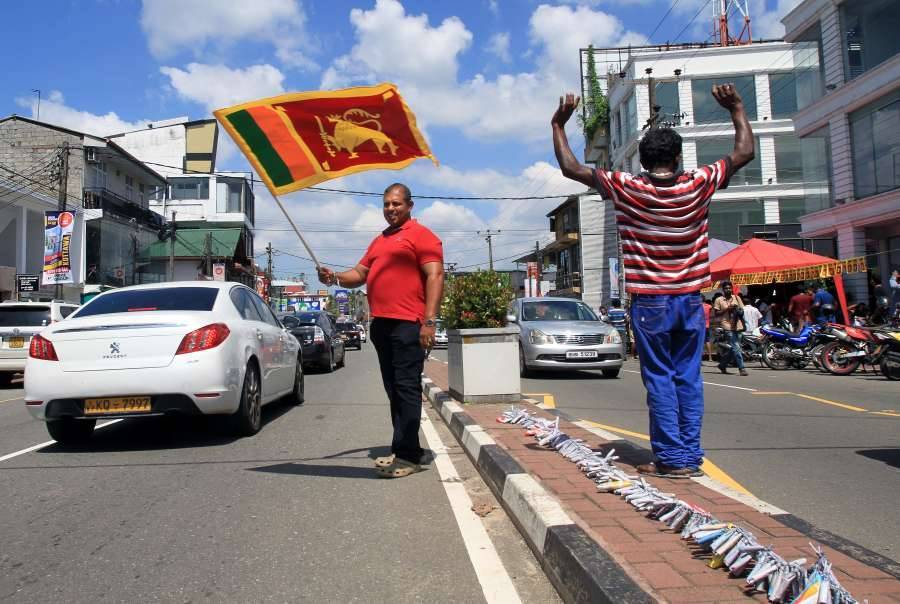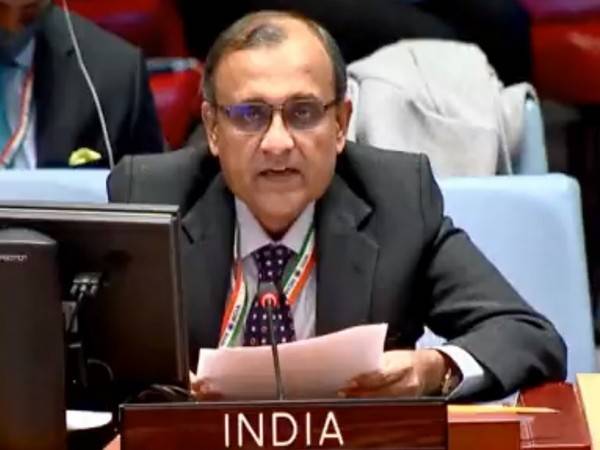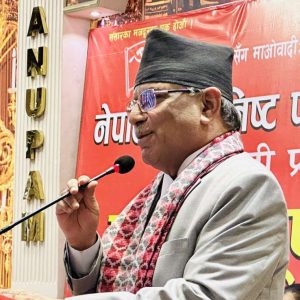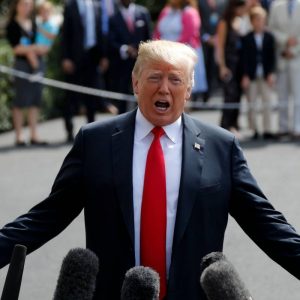Being aided by a regime with a military grip headed by a former military officer, Gotabaya Rajapaksa, Beijing found the present regime more conducive than the first Rajapaksa regime in 2005-2015 due to its military orientation….writes Asanga Abeyagoonasekera
US President Joe Biden and his Chinese counterpart Xi Jinping met virtually earlier this week to ensure competition between Beijing and Washington does not lead to conflict. The tensions over Taiwan, bilateral trade, Indo-Pacific security have escalated over time. The meeting came at the backdrop of warnings by senior-level security experts against Chinas military buildup and its hypersonic missile capability.
The virtual meeting failed to produce major breakthroughs, according to Amy Mackinnon, but it did lower the temperature as geopolitical tensions rise, China is already assiduously securing its national interest detrimental to many South Asian nations, and Sri Lanka is a clear case of the Chinese grip due to its militaristic regime and the escalating economic crisis.
Sri Lanka, the island-nation closer to the Indian sub-continent, has been a clear case study to understand the implications of China’s large scale infrastructure projects, vaccine diplomacy, and Chinese loans. Being aided by a regime with a military grip headed by a former military officer, Gotabaya Rajapaksa, Beijing found the present regime more conducive than the first Rajapaksa regime in 2005-2015 due to its military orientation.
China has built two critical infrastructure facilities facing the Indian ocean — the Hambantota Port and the Colombo Port City. China has secured long term foothold from lease agreements signed loosely where these facilities could transform to military outposts. China cleverly demonstrates that it has no malign intentions to make it military by floating the idea that third countries could invest in the Chinese infrastructure. However, where are the third countries? It is more of a strategy to hide the military intentions from the public perception.
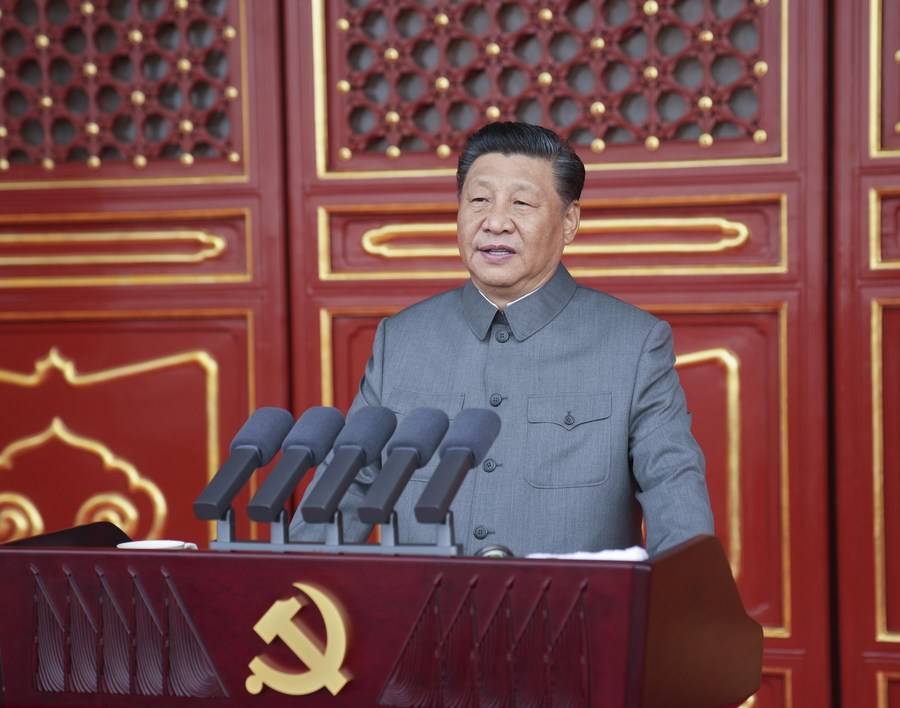
A new Pentagon report highlights China’s “intention to establish a more robust overseas logistics and basing infrastructure to allow the People’s Liberation Army (PLA) to project and sustain military power at greater distances. Beyond its base in Djibouti, China is pursuing additional military facilities to support naval, air, ground, cyber, and space power projection. China has likely considered a number of countries, including Sri Lanka, as locations for PLA facilities”.
With multiple financial borrowings from China, Sri Lanka has become heavily dependent on China. This is further exacerbated by the presuusere that China exerts on domestic politics. Pressure exerted on the regime is visible from the recent Chinese fertiliser shipment rejected by Sri Lankan authorities.
The Chinese Embassy tweeted blacklisting Sri Lanka’s People’s Bank explaining the events leading to the aggressive decision.
In a tweet, the mission said: “Seawin (Chinese company) won open bid, signed contracts, passed tests of China and Int’l agency designated by Ceylon Fertilizer, shipped before due. NPQ SL disagreed in halfway, called toxic/harmful. Ship refused. Third-party test refused. L/C payment obligation refused. PBS blacklisted.”
The blacklisting was a clear warning of Chinese pressure on Sri Lanka.
Ajantha De Silva, director-general, Sri Lankan Department of Agriculture, said: “Our tests on the samples showed that the (Chinese) fertiliser was not sterile. We have identified bacteria which are harmful to plants like carrots and potatoes.”
The clear rejection was a black mark for the Chinese fertiliser company Qingdao Seawin defending and saying: “The unscientific detection method and conclusion of National Plant Quarantine Service (NPQ) in Sri Lanka obviously do not comply with international animal and plant quarantine convention” and falsely accuses Chinese company to slander the image of the Chinese enterprises and the Chinese government.
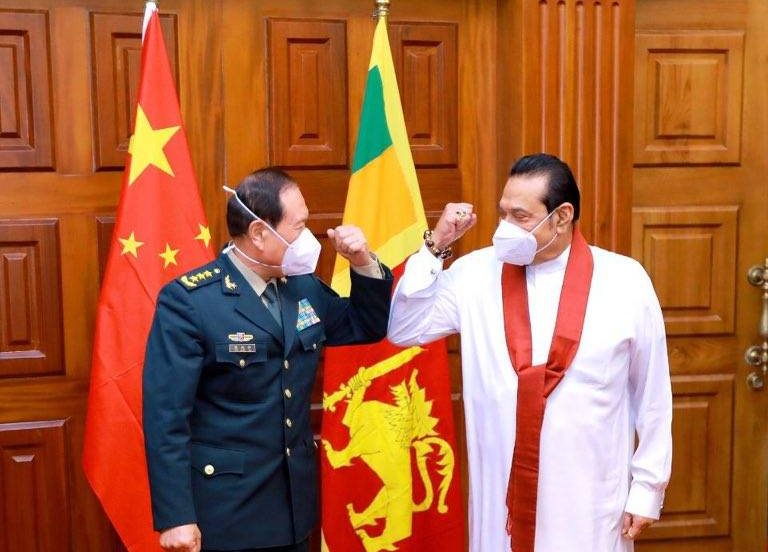
While the Sri Lankan authorities have not changed their position, the Chinese would prefer to retest the sample from a third party. The authorities rejected this attempt to retest. The question is why is the Chinese ship ‘Hippo Sprit’ is still in Sri Lankan waters. After the Sri Lankan authorities rejected these shipments a month before the ship was seen closer to the Sri Lankan waters in November. China is pressuring the Sri Lankan government to accept an alternative process (third party test) to save the reputation of their global company Qingdao Seawind. The blacklisting of the bank was an initial indicator to exert pressure on the regime. Another reason for the ship to remain in Sri Lankan waters was explained by Nalinda Jayatissa member of the JVP political party, due to a substantial underhand corruption between the Prime Minister’s office and the local agents of the Chinese company.
The fertiliser incident was an eye-opener to the regime to recalibrate its posture and balance the China tilt and dependency. New Delhi stepped in to support Sri Lanka to promote organic fertiliser amidst the tussle between Colombo and Beijing. The two Indian IAF C-17 Globemaster aircraft arrived in Colombo with 100,000 kg of nano nitrogen. India will be able to bounce back and reduce the Chinese footprint in the island now, and the Sri Lankan government could recalibrate its China bandwagoning foreign policy posture.
China depicted their aggressive posture over the fertiliser incident when Sri Lanka is facing a severe economic crisis. The same aggressiveness of China is visible in India’s immediate periphery, according to Rajeswari Rajagopalan. China is building villages in Arunachal Pradesh where they are populating with perhaps military/civil population. In Ladakh, there are at least nine patrol points in the fingers area and south of Demchok that India is no longer able to access, which are severe concerns for the security of India. Adding to this is China’s pressure and expanse in Sri Lanka.
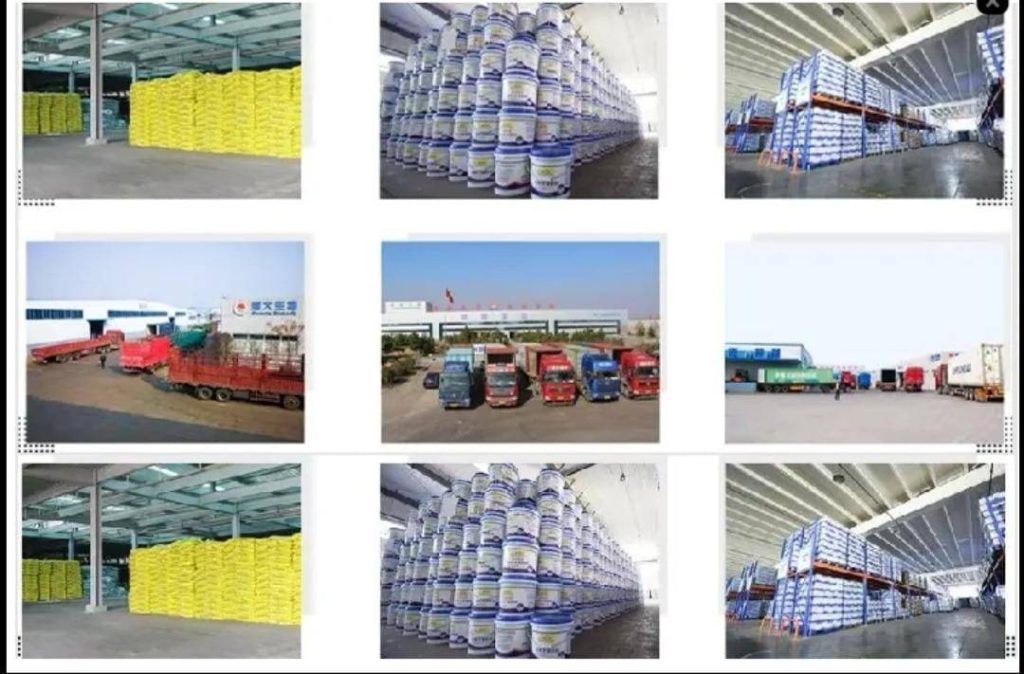
Clearly, “India’s behaviour has been defensive in both diplomatic and military spheres, while China has adopted an extremely aggressive tone and engaged in similar military behaviour”, assess Rajagopalan.
This Indian posture could change if the present aggressiveness continues escalating in India’s periphery.
Protest over economic dysfunctionality in Sri Lanka
Synchronously, addressing the insurmountable external foreign pressure and the domestic public frustration over a heightened economic crisis will be a formidable challenge for the Sri Lankan regime. The new budget presented by Finance minister Basil Rajapaksa did not suggest any solution to the foreign exchange crisis the country is facing nor the food crisis stemming from the recent ban on agro-chemical fertiliser. Thousands gathered in a mass rally in Colombo to demonstrate their frustration and anger over the Sri Lankan repressive regime of Gotabaya Rajapaksa.
The economic crisis triggered multiple shocks, including shortage of essentials and the rising cost of living was the substantial factor for the public agitation despite multiple attempts by the Police to prevent the rally, being organised without the approval of the health authorities. The regime has abused the pandemic restrictions for their benefit, to suppress the democratic norms of the country and expand its autocratic rule. The massive protest depicts the apparent anger of the public risking to protect the democratic essence of the country.
Despite various attempts by the government, including court orders, to prevent the protest march, the main opposition party SJB, held the rally in Colombo. The heavily militarised regime in Sri Lanka will face severe headwinds in the coming months on the escalating economic crisis and human rights abuse.
The majoritarian polity shows signs of a clear shift, a detachment from the Rajapaksa regime. The arbitrary detention of hundreds using the PTA and handing over the crucial ‘one country one law’ task force to an ultra-nationalist Buddhist monk was a disappointment for the minority community, overall the policy prescription of the regime are all signs towards anarchy and a crisis worsening by the day.
(Asanga Abeyagoonasekera is a Geopolitical Analyst, Strategic Advisor on Security and Author from Sri Lanka)


